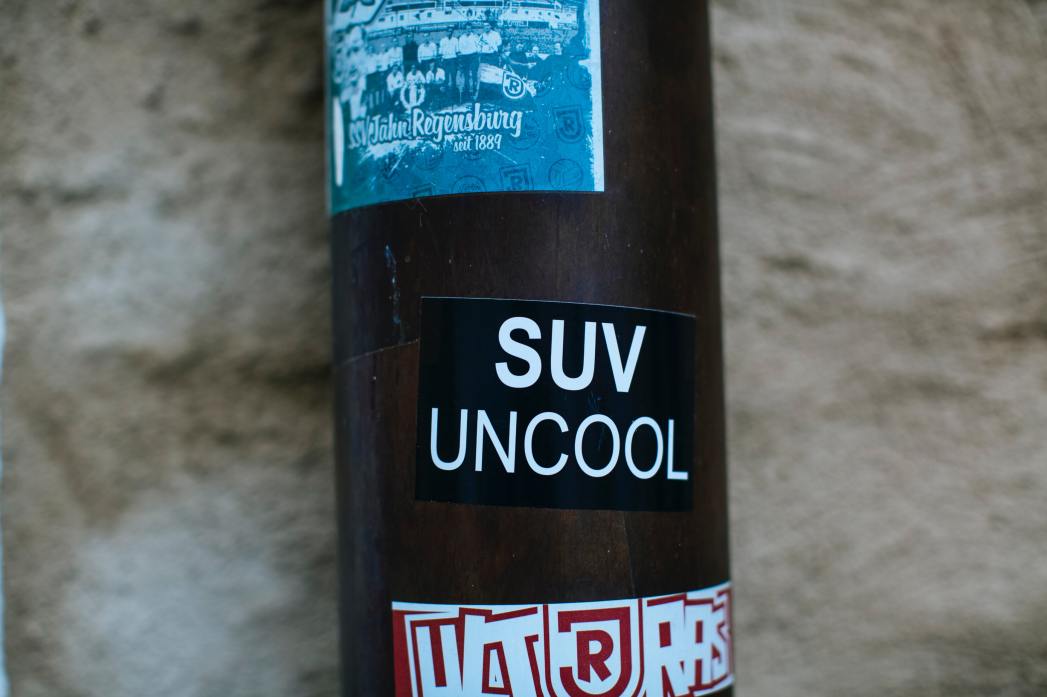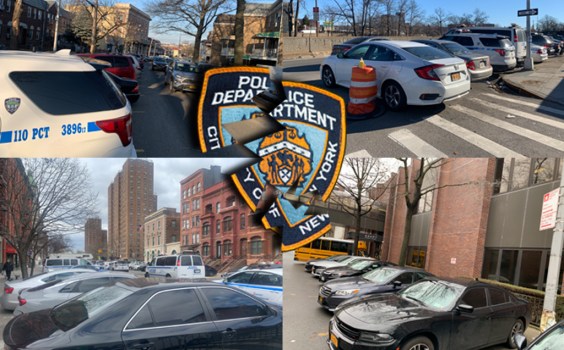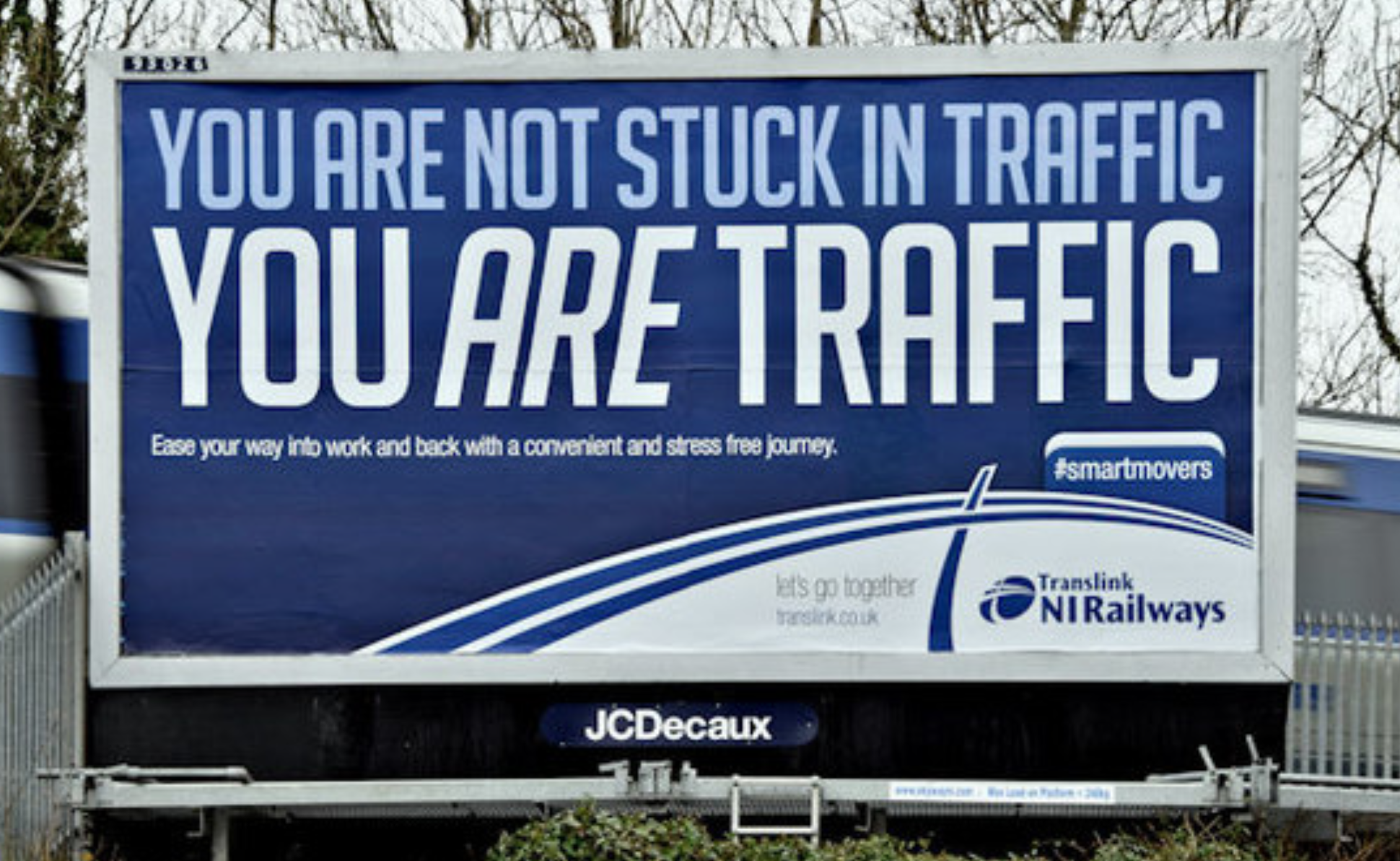In the debate over how -- and whether -- to set measurable performance standards for determining where federal transportation money gets spent, real estate developers are a quiet but powerful player. In a report released today, the Center for Public Integrity (CPI) tracked the broad reach of land-use interests and found more than 100 groups spending $5.5 million on transport lobbying last year.
CPI's research, collected in the interactive map pictured above, serves as a case study of the muddled system that currently exists for funding worthy transportation projects on both the state and local levels. Reporter Matthew Lewis begins with a look at one road earmark added to the 2005 transport law by Sen. Charles Schumer (D-NY):
The relatively small earmark came after the developer, ConcordAssociates’ Louis Cappelli, and his team opened their wallets anddonated a combined $100,000 to the Democratic Senatorial CampaignCommittee, then headed by Schumer. None had ever contributed to thatpolitical action committee (PAC) before. Some of the same executivesgave an additional $64,000 to the committee over the next few years,after the bill with the earmark was signed into law.
But the New York Department of Transportation did not claim thisspecific million-dollar earmark. Its intended purpose — to studywidening Route 17 from two to three lanes in each direction over a 43mile stretch — did not appear to be a priority for the state. Thestretch of road in question starts near the village of Harriman andextends northwest to Sullivan County, where Cappelli envisions a huge“Entertainment City” to restore the Catskills to its former fame as avacation destination and generator of much-needed local jobs.
Of course, Schumer is far from the only member of Congress using the legislative process to leapfrog home-state bureaucracy and win dedicated funding for a favored project. CPI goes on to identify an array of other lawmakers targeted for campaign contributions by real-estate executives with a stake in local infrastructure decision-making.
The report illustrates a transportation earmarking process that is ripe for misuse, but it also takes a risk by using state priority lists as an impartial standard to judge the usefulness of individual projects. In the case of New York, the widening of Route 17 was not on the state's radar, but widening the Bronx's Major Deegan expressway was -- until local opposition killed the proposal.
CPI takes an admirably even-handed approach, however, to the executives who have joined Chris Leinberger's push to make real estate companies more active partners in financing walkable development. Among the members of Leinberger's LOCUS coalition is Forest City Enterprises, the company behind the controversial Brooklyn mega-complex known as Atlantic Yards. Lewis writes:
Forest Citypays multiple federal lobbyists for nationwide projects fromWashington, D.C., to Hawaii, and between individual donations and itspolitical action committee, Forest City has showered federal candidatesand parties with more than a million dollars since 2005.




